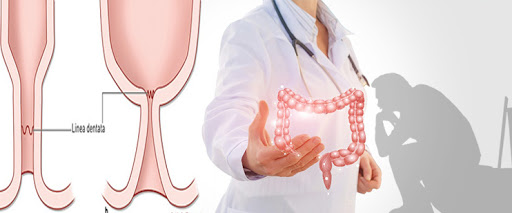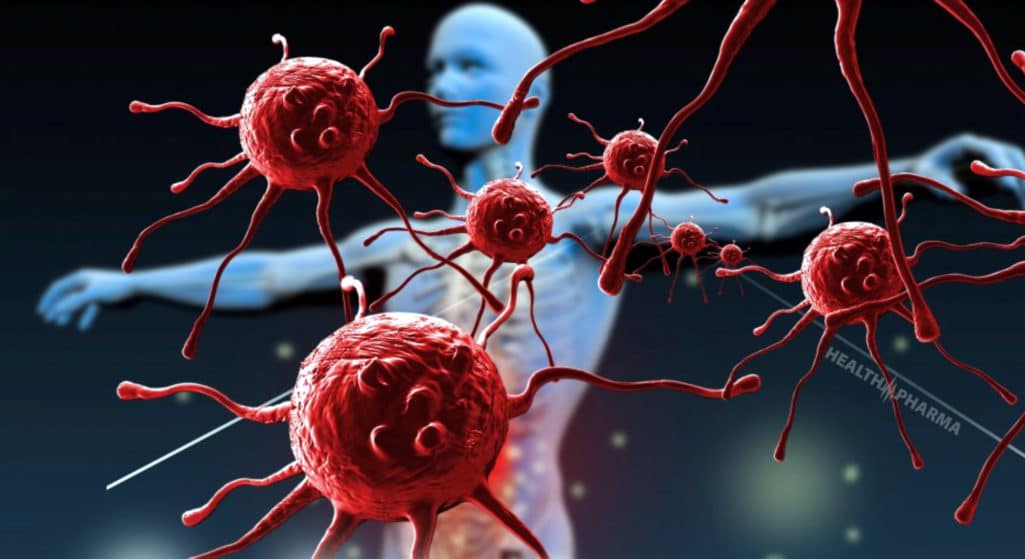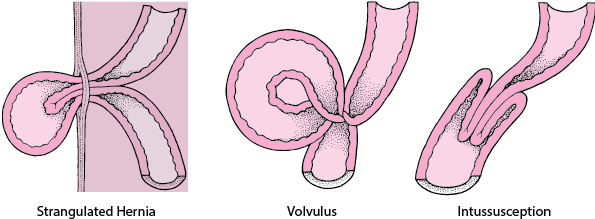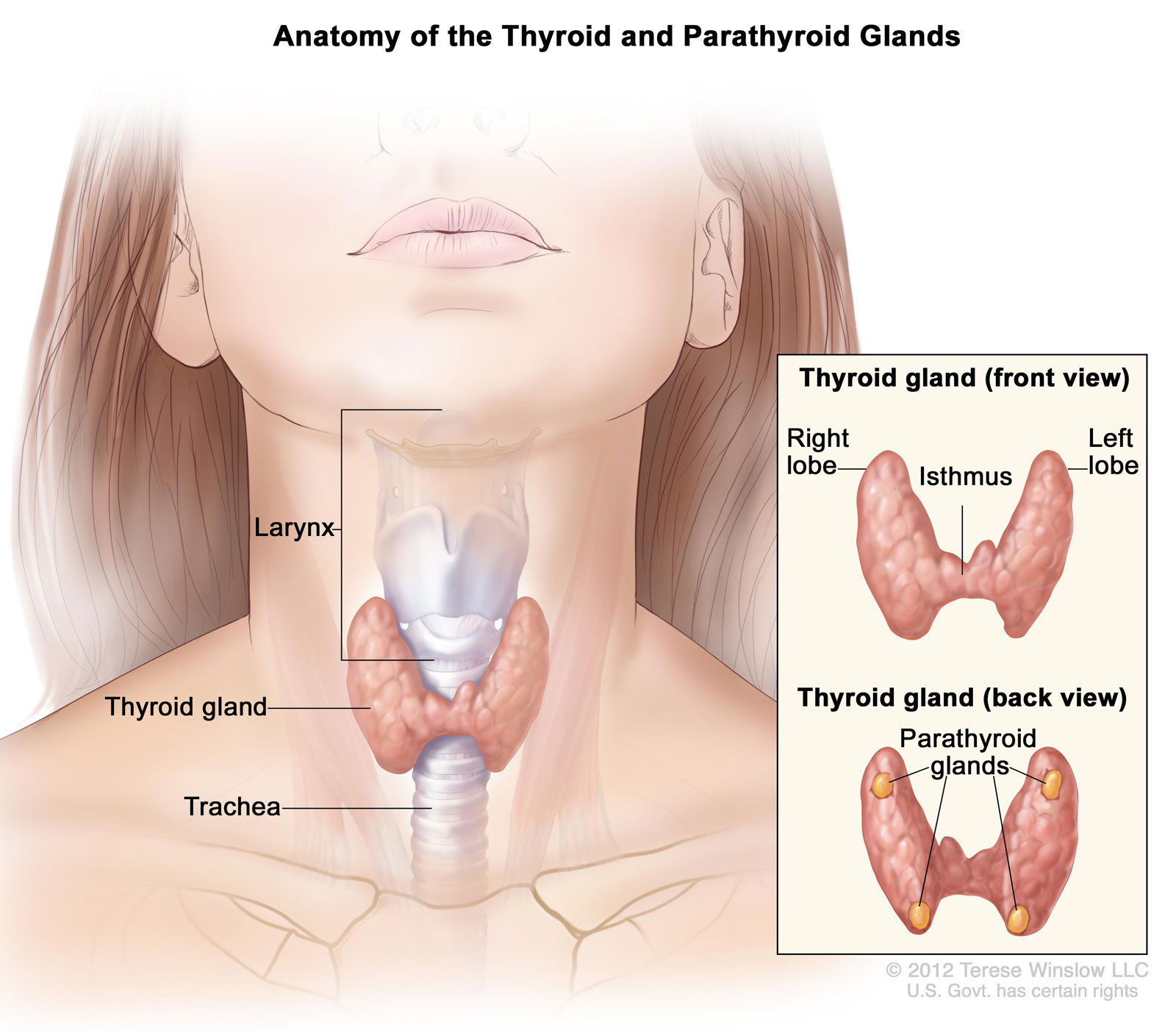
Psychogenic Bulimia
Psychogenic Bulimia is one of the main eating disorders and is just as important and dangerous a disease as anorexia nervosa
How does the disorder begin?
Bulimia nervosa is usually a multifactorial condition that leads to obesity. The clear etiology is difficult to attribute. Often, after periods of intense stress that undermine a person’s self-confidence, serious problems related to their psychological state are caused.
Such situations may include:
- family oppression,
- difficulties in social relationships,
- unsuccessful scholastic activities,
- intense feelings of loneliness,
- a period of strong changes,
- inability to reconcile with the body.
Within the context of low self-esteem, the individual, trying to uncover the cause of the “evil”, puts himself in a process of change, part of which is often the external appearance. It begins with his engagement in strict (and usually dangerous) diets, which are usually followed by binge eating episodes. The frequency of these episodes is constantly increasing. The individual now begins to implement various compensatory behaviors to avoid weight gain and subsequent obesity.
Psychogenic bulimia – Diagnosis:
According to the international criteria for the diagnosis of psychogenic bulimia (DSM-IV), the individual must present the following symptoms:
- Repeated episodes of binge eating. An episode of binge eating is characterized by the following: a) overeating of food within a discrete period (e.g., in 2 hours) an amount of food that is larger than what most people would eat during the same period and under similar circumstances b) a sense of lack of control over how much and what one eats during the episode.
- Repeated inappropriate compensatory behavior to prevent weight gain, such as self-induced vomiting, taking laxatives, diuretics, or other medications, fasting, and excessive exercise. Binge eating and other inappropriate compensatory behaviors occur on average at least twice a week for a period of between 3 and 6 months. The level of self-esteem and self-confidence is affected by body weight and body composition.
Binge eating episodes consist of eating foods with high caloric value, which are usually sweet or easily chewed foods and can be consumed quickly, e.g. ice cream, pastries, cakes, etc. During the episode, the person usually eats secretly and does not stop until their stomach hurts or someone interrupts them or induces vomiting. Induced vomiting is used by 80-90% of bulimics to avoid weight gain, but also to reduce feelings of guilt and relieve abdominal pain resulting from overeating. Approximately 30% of bulimics take laxatives after binge eating episodes.
High-risk groups:
The most dangerous age is adolescence and the early years of adulthood (13-22 years). Bulimia nervosa, like all eating disorders, affects the vast majority of the female population. Also, women who are approaching menopause are susceptible to this condition. Another factor that contributes to the onset of the disease is the work environment. People who practice professions that rely on good appearance are prone to eating disorders.
Can strict diets cause bulimia nervosa?
The implementation of strict diets by a healthy person does not directly lead to the occurrence of bulimia nervosa, even if it is often followed by binge eating episodes (often referred to as bulimic episodes). These episodes constitute a milder form of eating disorder. To diagnose that a person suffers from this specific disease, the diagnostic criteria mentioned above must be observed.
However, a predisposed person is much more affected by such strict diets, which contribute to the chronic development of the condition.
Essentially, this is a cycle followed by people with psychogenic bulimia:
exhaustive diet => binge eating episode (negative emotions, e.g., guilt or fear of weight gain) => compensatory methods (e.g., vomiting) => exhaustive diet.
Psychogenic bulimia – Treatment methods:
Bulimia is an eating disorder, but usually, its causes are psychological. It is necessary to form a therapeutic team consisting of a doctor, psychologist, and dietitian. Psychological support for both the patient and the family and friends is considered necessary. The sooner the condition is diagnosed, the more effective the treatment can be, and worse situations can be prevented. In the first stage of the condition (approximately the first 2 years – neurosis stage) the condition is easier to treat. In an advanced stage of psychosis, treatment is more difficult.
Equally important is the role of the dietitian in treating the condition. The purpose of nutritional intervention is to change the overall eating behavior and adopt new healthy habits.It is necessary to educate the individual comprehensively and correctly on nutrition issues and to acquire basic nutritional knowledge.
Psychogenic bulimia is not usually characterized by a large reduction in body weight and for this reason, it is more difficult to identify the problem than the family one. In any case, what is very important is immediate intervention, as soon as the problem is identified. The participation of the entire family in the therapeutic intervention is what can guarantee better, faster, and permanent results.









